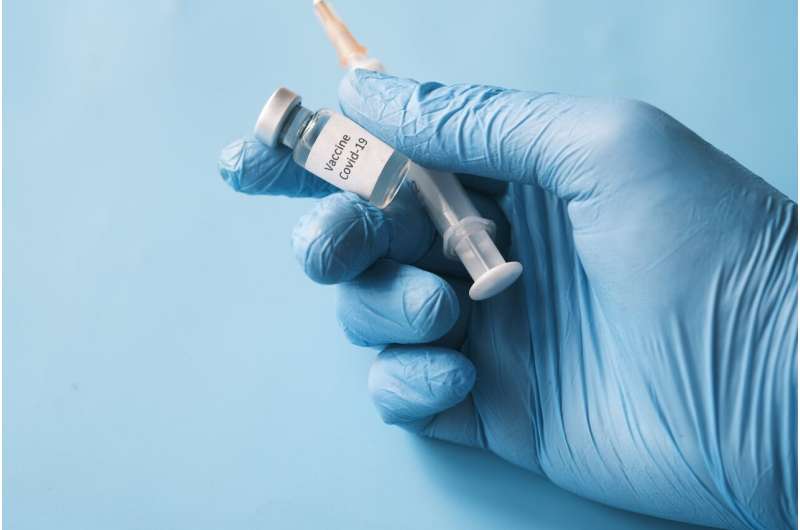A recent study by the University of Michigan has shed light on the complex factors influencing COVID-19 vaccination rates in the United States. The research found that vaccination uptake was significantly influenced by partisanship and socioeconomic status, with Democrats getting vaccinated faster and at higher percentages than Republicans and Independents. Additionally, vaccine adoption was lowest among Black Americans, individuals with incomes below $30,000, and those with a high school education or less. This study highlights the critical need for tailored public health interventions to address these disparities and increase vaccine acceptance across all population segments. COVID-19 vaccination Socioeconomic status

Partisanship and Socioeconomic Factors Shaping Vaccine Uptake
The study’s findings suggest that COVID-19 vaccination rates in the United States have been significantly influenced by political affiliation and socioeconomic status. Democrats were found to be getting vaccinated faster and at higher percentages compared to Republicans and Independents. Additionally, vaccine uptake was lowest among Black Americans, individuals with incomes below $30,000, and those with a high school education or less.
This disparity highlights the complex interplay between political ideology, economic status, and health outcomes. Factors such as distrust of government, access to reliable information, and perceived barriers to healthcare access may all play a role in shaping vaccination decisions within these demographic groups. Understanding these underlying drivers is crucial for developing targeted public health interventions to address the observed inequities.
The Role of Social Influencers and Digital Platforms
The study also reveals the significant influence of social media and digital platforms in shaping vaccine perceptions and beliefs. Early adopters of the COVID-19 vaccine were found to have higher exposure to pro-vaccine messaging on social media, while nonadopters were more influenced by anti-vaccine content.
This underscores the importance of leveraging social influencers and celebrities in public health communication efforts. As suggested by the researchers, using trusted and relatable figures to advocate for vaccination can be an effective strategy in reaching hesitant populations. Additionally, the study highlights the need for platforms to address the flow of COVID-19 misinformation, as it can play a critical role in shaping vaccine uptake.
Tailoring Public Health Interventions for Maximum Impact
The findings from this study emphasize the critical need for tailored public health interventions to address the multifaceted factors influencing COVID-19 vaccine uptake. By understanding the unique motivations, concerns, and information environments of early adopters, late adopters, and nonadopters, public health officials can develop more effective strategies to increase vaccine acceptance across all population segments.
For example, the study found that late adopters were more motivated by work requirements and the desire to travel, while nonadopters were more influenced by government distrust. Addressing these specific concerns through targeted messaging and outreach could help overcome barriers to vaccination and promote more equitable access to this important public health measure. As we continue to navigate the COVID-19 pandemic, this research underscores the importance of prioritizing inclusive and evidence-based approaches to public health interventions.
